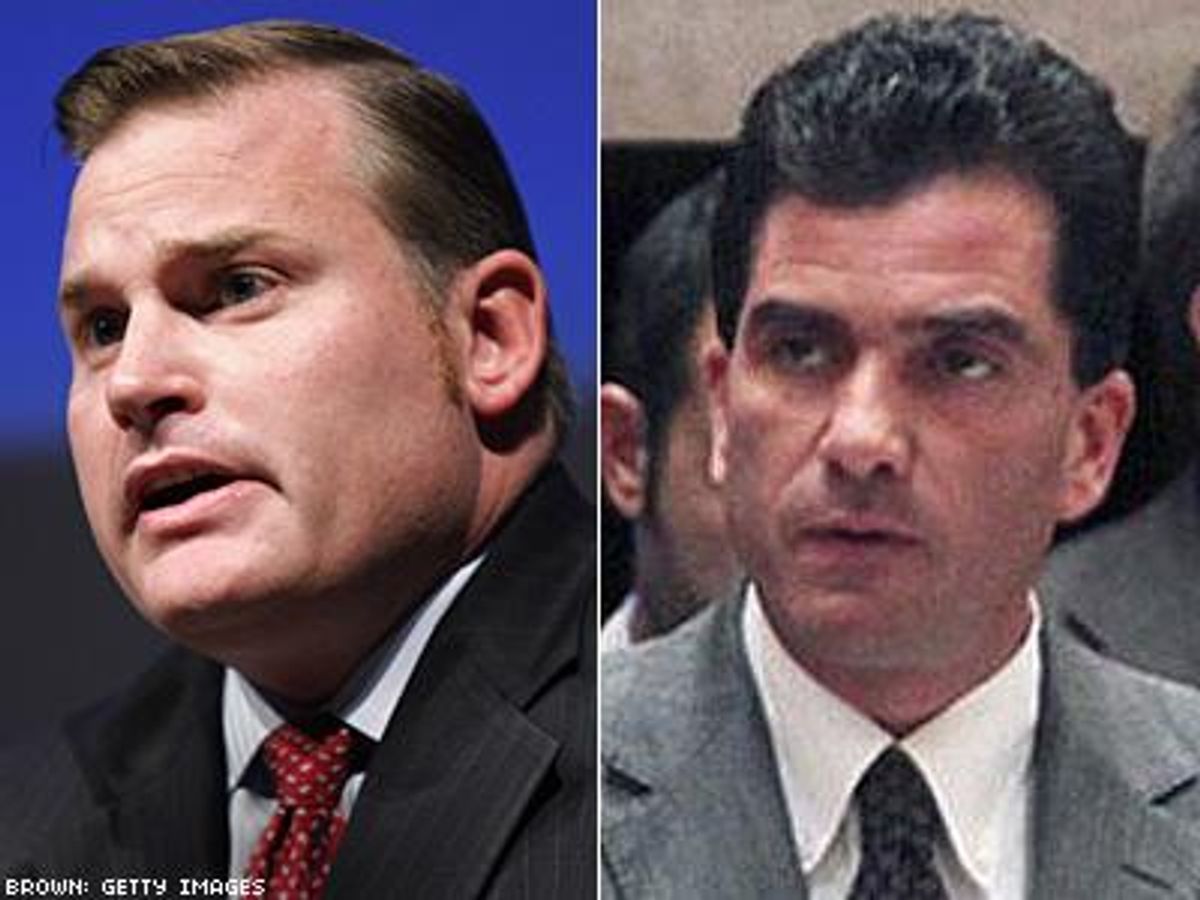The National Organization for Marriage and antigay groups like it often threaten that lawmakers who vote for marriage equality will pay a penalty at the polls. But a new analysis from a Washington think tank, finds that just isn't true.
The liberal-leaning Third Way often analyzes the cross-currents in American politics on LGBT issues and its new report today shows that of the 196 legislators who voted for marriage equality in either New York or Washington, 191 kept their jobs.
Third Way crunched the numbers, and that works out to a 97% reelection rate. And it also adds context by pointing out that 10% of incumbents usually lose reelection, so if anything marriage equality appears to help make the case.
Of course, the contention Third Way is refuting with this analysis comes from NOM, which quite publicly threatened to attack any Republican in New York who voted for marriage equality. State senators Stephen M. Saland, Jim Alesi, Mark Grisanti and Roy J. McDonald all voted for marriage equality. Grisanti is the only of them still in office.
But Third Way says that's for a myriad of reasons. For example, it attributes McDonald's primary loss to lack of money, noting he's the only of the group to raise less money than his opponent. "Even so, the vote was so close that it could not be called on Election Day and came
down to the counting of absentee ballots," the report notes.
NOM President Brian Brown saw it differently and told the New York Times after the GOP primaries that it was "the clearest example of the fact that if you are a Republican and you vote for gay marriage, this is a career-ending move."
Saland won a Republican primary in which he was attacked repeatedly over his marriage vote. Then, after serving for 32 years, he went on to lose to a Democrat in the general election. "While it is plausible that marriage played a small part in Saland's general election loss, it was clearly not the main reason for it, since the Democrat who defeated him supported marriage for gay couples as well," the report contends.
Alesi opted not to run for reelection. He was tied up in a lawsuit and had already been considered the most vulnerable of the GOP marriage equality contingent.













































































